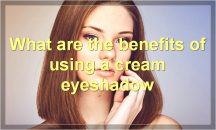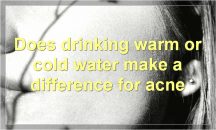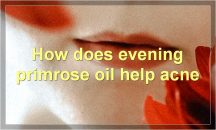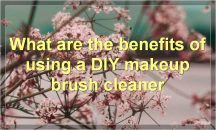There are many different types of acne, and each type responds to different treatments. Some people find that vitamins and natural remedies help to clear their skin, while others may need stronger medications.
What are some good vitamins for acne
Acne is a very common skin condition that can affect people of all ages. While there are many different treatments available, some people may prefer to take vitamins for acne instead.
There are a few different vitamins that have been shown to be effective in treating acne. vitamin A is one of the most important vitamins for acne. It helps to reduce the production of sebum, which is the oily substance that can clog pores and lead to breakouts. Vitamin A also helps to exfoliate the skin, which can help to unclog pores and prevent new pimples from forming.
Another good vitamin for acne is vitamin B5. This vitamin helps to regulate the production of oil in the skin and can also help to reduce inflammation.
Vitamin C is another vitamin that can be helpful for acne. It helps to boost collagen production, which can help to heal the skin and improve its appearance. Vitamin C also has antioxidant properties that can help to protect the skin from damage caused by free radicals.
Vitamin E is another good vitamin for acne. It helps to moisturize the skin and can also help to reduce inflammation.
There are a few other vitamins that have been shown to be helpful for acne, but these are some of the most important ones. If you’re considering taking vitamins for acne, be sure to talk to your doctor first to make sure they’re right for you.
What are the best vitamins to take for clear skin
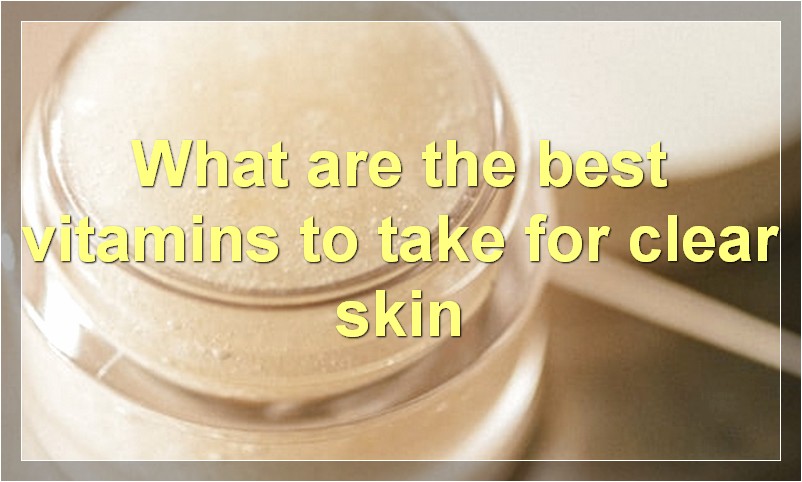
When it comes to achieving clear skin, vitamins can play an important role. While there is no one “best” vitamin for clear skin, there are a few that are particularly helpful in keeping your skin looking its best.
Vitamin A is a good choice for those seeking clear skin. This vitamin helps to regulate the production of sebum, the oily substance that can clog pores and lead to breakouts. Vitamin A also helps to speed up cell turnover, which can help to reduce the appearance of blemishes.
Vitamin C is another excellent vitamin for clear skin. Vitamin C helps to brighten the skin and even out skin tone. It also has antioxidant properties that can help to protect the skin from damage caused by free radicals.
Vitamin E is another nutrient that can be beneficial for clear skin. Vitamin E helps to keep the skin hydrated and can also help to reduce the appearance of scars.
Finally, omega-3 fatty acids are also important for clear skin. Omega-3 fatty acids help to reduce inflammation and can also help to improve the quality of the skin’s surface.
What are some natural remedies for acne
Acne is a skin condition that is characterized by the presence of pimples, blackheads, and whiteheads. It can occur at any age, but it is most common in teenagers and young adults. Acne is caused by a number of factors, including hormones, stress, genetics, and certain medications. There are a number of natural remedies that can help to treat acne.
One of the best ways to treat acne naturally is to keep the skin clean. This means washing the face twice a day with a mild soap or cleanser. It is also important to avoid scrubbing the skin too hard, as this can irritate the skin and make the acne worse. Another natural acne remedy is to use a topical treatment that contains tea tree oil or aloe vera. These ingredients have anti-inflammatory properties that can help to reduce the redness and swelling associated with acne.
There are also a number of dietary changes that can help to treat acne. Eating a diet that is high in fiber and low in sugar can help to regulate hormone levels and reduce inflammation. Drinking plenty of water and avoiding foods that are high in saturated fats can also be helpful. If you are looking for a more natural way to treat your acne, there are a number of different herbal supplements that can be effective. Some of the most popular herbs for acne include burdock root, dandelion root, and milk thistle.
What is the best way to get rid of acne
Acne is a common skin condition that affects people of all ages. While there is no cure for acne, there are many treatments available that can help to reduce the number of breakouts and improve the appearance of the skin.
One of the most effective ways to treat acne is to keep the skin clean and free of oil. This can be accomplished by washing the face twice daily with a mild cleanser and using an oil-free moisturizer. It is also important to avoid picking or squeezing pimples, as this can cause further irritation and lead to scarring.
There are a number of over-the-counter acne treatments that can be purchased without a prescription, such as benzoyl peroxide gels and creams. These products work by killing the bacteria that causes acne and helping to dry up excess oil. They are typically used once or twice daily.
For more severe cases of acne, prescription medications may be necessary. These can include retinoids, antibiotics, and birth control pills. These medications can be very effective at clearing up acne, but they can also have side effects, so it is important to discuss them with a doctor before starting any treatment.
In addition to medical treatments, there are a number of home remedies that can help to reduce the appearance of acne. These include applying a paste made from baking soda and water to the affected area, using tea tree oil as a spot treatment, and applying a mask made from honey and cinnamon.
While there is no one perfect way to get rid of acne, by following these tips, you can help to minimize breakouts and improve the overall appearance of your skin.
How can I clear my acne fast
Acne is a common skin condition that affects people of all ages. There are many myths about how to get rid of acne quickly, but the truth is that there is no one-size-fits-all solution. The best way to treat acne is to find a method that works for you and stick with it.
There are many different acne treatments available over the counter or from a dermatologist. The most important thing is to be patient and consistent with your treatment. Some treatments may take several weeks to show results.
Here are some tips for getting rid of acne quickly:
1. Use a gentle cleanser. Avoid cleansers that contain harsh chemicals or abrasives. These can irritate the skin and make acne worse. Instead, look for a cleanser that contains natural ingredients like tea tree oil or aloe vera.
2. Exfoliate regularly. This will help to remove dead skin cells that can clog pores and lead to breakouts. Choose an exfoliator that contains salicylic acid or glycolic acid.
3. Use a topical acne treatment. Apply a spot treatment or cream containing benzoyl peroxide, salicylic acid, or retinoids to the affected areas. These ingredients can help to kill bacteria and reduce inflammation.
4. Keep your skin clean and dry. Wash your face twice a day with a gentle cleanser and avoid touching your face during the day. Be sure to remove all makeup before going to bed.
5. Eat a healthy diet and avoid trigger foods. Eating foods that contain lots of sugar or oil can contribute to breakouts. Try to eat a balanced diet that includes plenty of fruits, vegetables, and whole grains. Avoid processed foods, dairy products, and high-fat meats.
6. Reduce stress. Stress can make acne worse so it’s important to find ways to relax and manage stress effectively. Exercise, yoga, and meditation can all help to reduce stress levels.
7. See a dermatologist if your acne is severe. If over-the-counter treatments haven’t worked, you may need a prescription medication to clear your skin. A dermatologist can prescribe oral antibiotics, birth control pills, or other medications depending on the severity of your acne.
What are the causes of acne
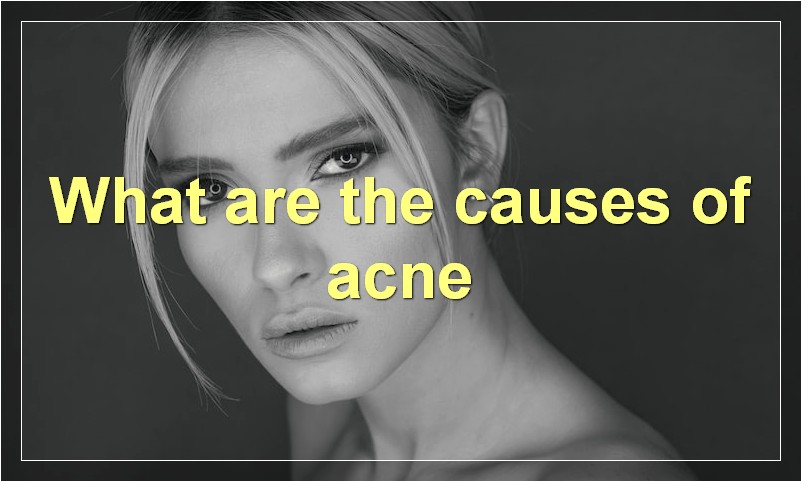
Acne is a very common skin condition that affects people of all ages. There are many different factors that can contribute to the development of acne, including genetics, hormones, diet, and stress.
One of the main causes of acne is an overproduction of sebum. Sebum is a natural oil that your body produces to keep your skin moisturized. However, when there is too much sebum, it can clog pores and trap bacteria, leading to the formation of pimples.
Hormones also play a major role in the development of acne. During puberty, hormone levels fluctuate wildly, which can trigger an increase in sebum production. This is why acne is so common during adolescence. Birth control pills and other hormonal contraceptives can also cause acne by increasing hormone levels.
Diet is another important factor that can contribute to acne. Foods that are high in sugar and carbohydrates can cause spikes in blood sugar levels, which can lead to increased sebum production. Eating a lot of dairy products can also trigger acne due to the hormones present in milk.
Finally, stress can also be a major contributor to the development of acne. When you’re stressed, your body produces more of the hormone cortisol, which can increase sebum production and lead to breakouts.
There are many different factors that can contribute to the development of acne. However, by understanding these causes, you can take steps to prevent or treat your acne.
How can I prevent acne
Acne is a skin condition that is characterized by the appearance of pimples, blackheads, and whiteheads. It can occur on the face, neck, chest, back, shoulders, and upper arms. Acne is most common in adolescents and young adults, but it can also occur in adults. There are many factors that can contribute to the development of acne, including hormones, certain medications, diet, and stress.
There are several things that you can do to help prevent acne. First, wash your face twice a day with a mild soap or cleanser. Avoid scrubbing your face too hard as this can irritate the skin and make acne worse. Second, make sure to remove all makeup before going to bed as this can clog pores and lead to breakouts. Third, try to avoid touching your face too much as this can transfer dirt and oil from your hands to your face. Lastly, eat a healthy diet and drink plenty of water to keep your skin hydrated.
Is there a cure for acne
Acne is a common skin condition that affects many people. There are a number of treatments available, but there is no cure for acne. However, with the right treatment, it is possible to control the symptoms and prevent further outbreaks.
There are a number of factors that can trigger or worsen acne, including hormones, diet, stress and certain medications. If you are concerned about your acne, it is important to see a dermatologist for advice on the best course of treatment.
There are a number of topical treatments available that can help to reduce the inflammation and redness associated with acne. These include retinoids, benzoyl peroxide and salicylic acid. In some cases, oral medications may also be prescribed in order to control the acne.
With the right treatment, it is possible to control the symptoms of acne and prevent further outbreaks. However, there is no cure for acne and it is important to be patient and consistent with the chosen treatment in order to see results.
What are the different types of acne
There are different types of acne and each type has unique characteristics. The four main types of acne are:
1. Whiteheads: Whiteheads are small, round, white bumps that form when sebum and dead skin cells clog pores. Whiteheads are also called closed comedones.
2. Blackheads: Blackheads are small, dark-colored bumps that form when sebum and dead skin cells clog pores. Blackheads are also called open comedones.
3. Papules: Papules are small, pink bumps that can be tender to the touch. Papules are caused by inflammation and are considered to be a more severe form of acne.
4. Pustules: Pustules are small, red bumps that are filled with pus. Pustules are caused by inflammation and can be painful.
How do I know if I have acne
Acne is a common skin condition that affects people of all ages. It is characterized by the presence of pimples, blackheads, whiteheads, and/or cysts. Acne can occur on the face, neck, chest, back, and/or shoulders.
There are many myths about what causes acne. However, the most common cause of acne is hormonal changes. Other causes include genetics, stress, certain medications, and cosmetics.
Acne is not caused by dirt or poor hygiene. In fact, over-washing or scrubbing the skin can actually make acne worse.
The best way to treat acne is to see a dermatologist. Dermatologists can prescribe medication that will help clear up acne. They can also provide advice on how to manage acne and prevent it from coming back.
